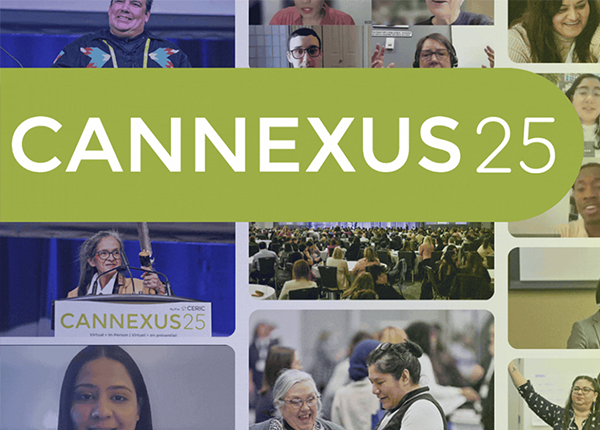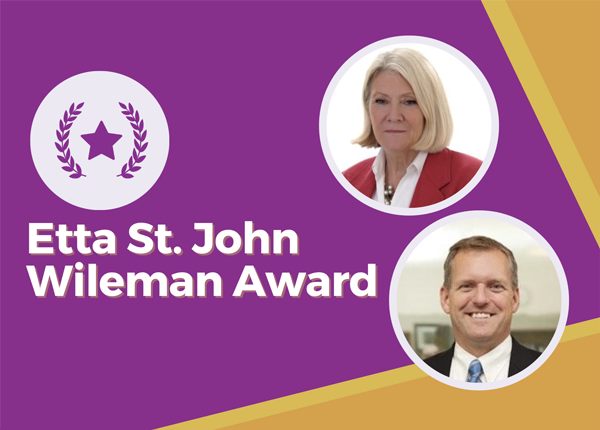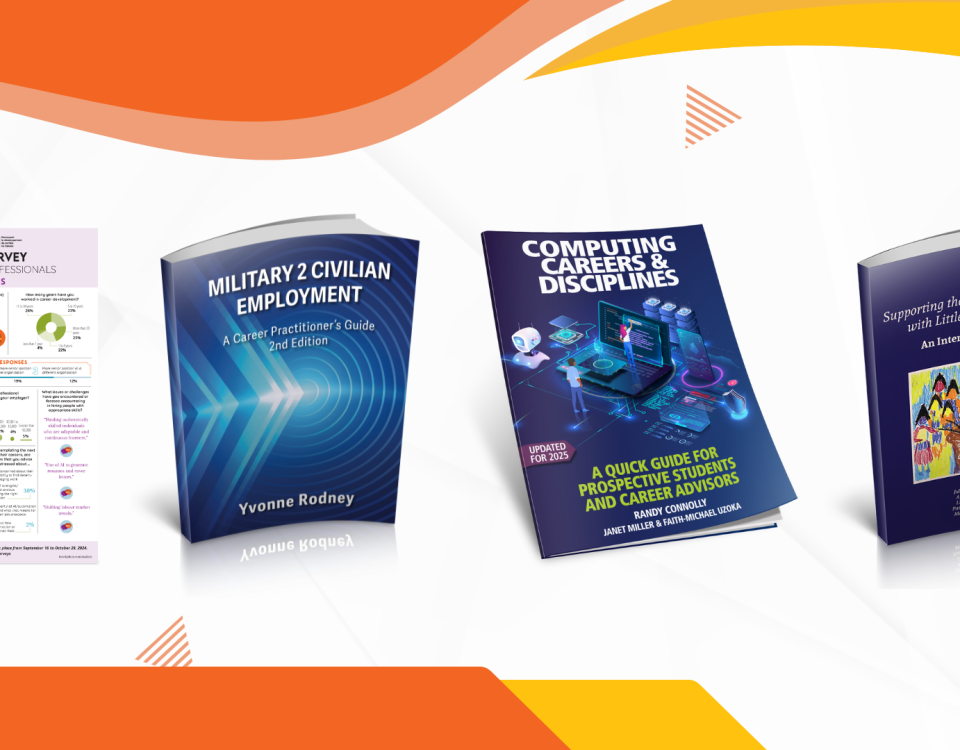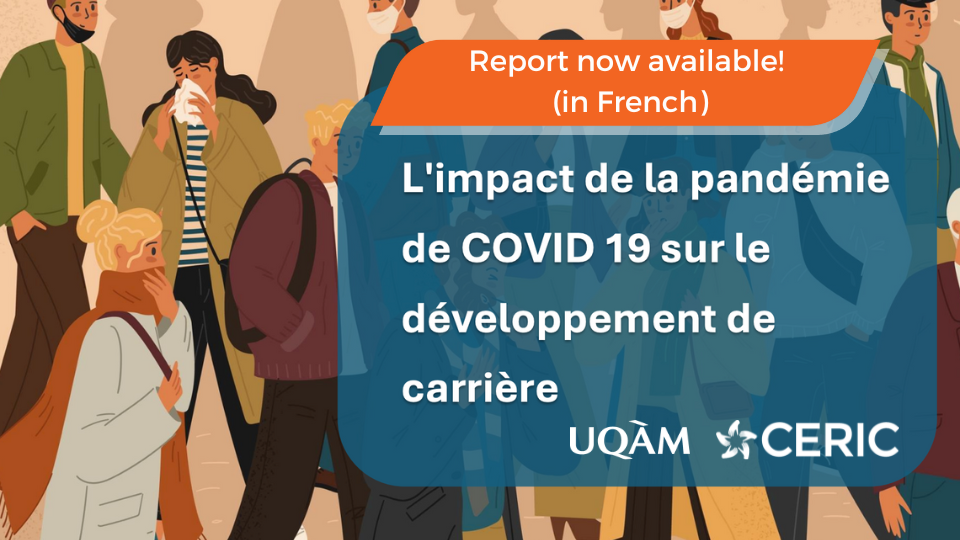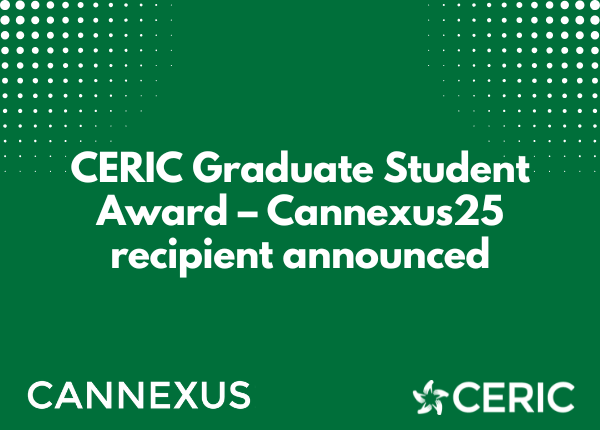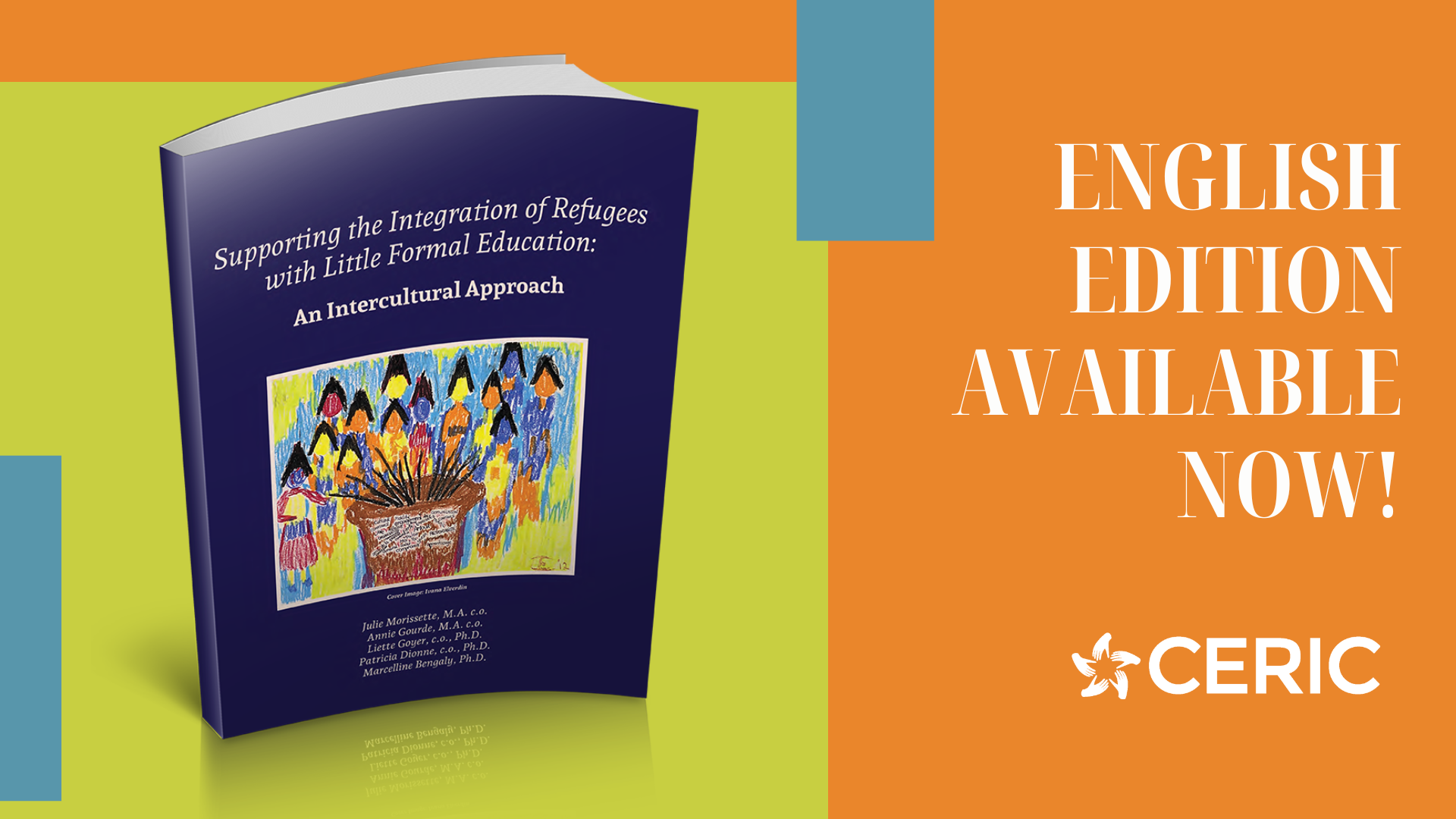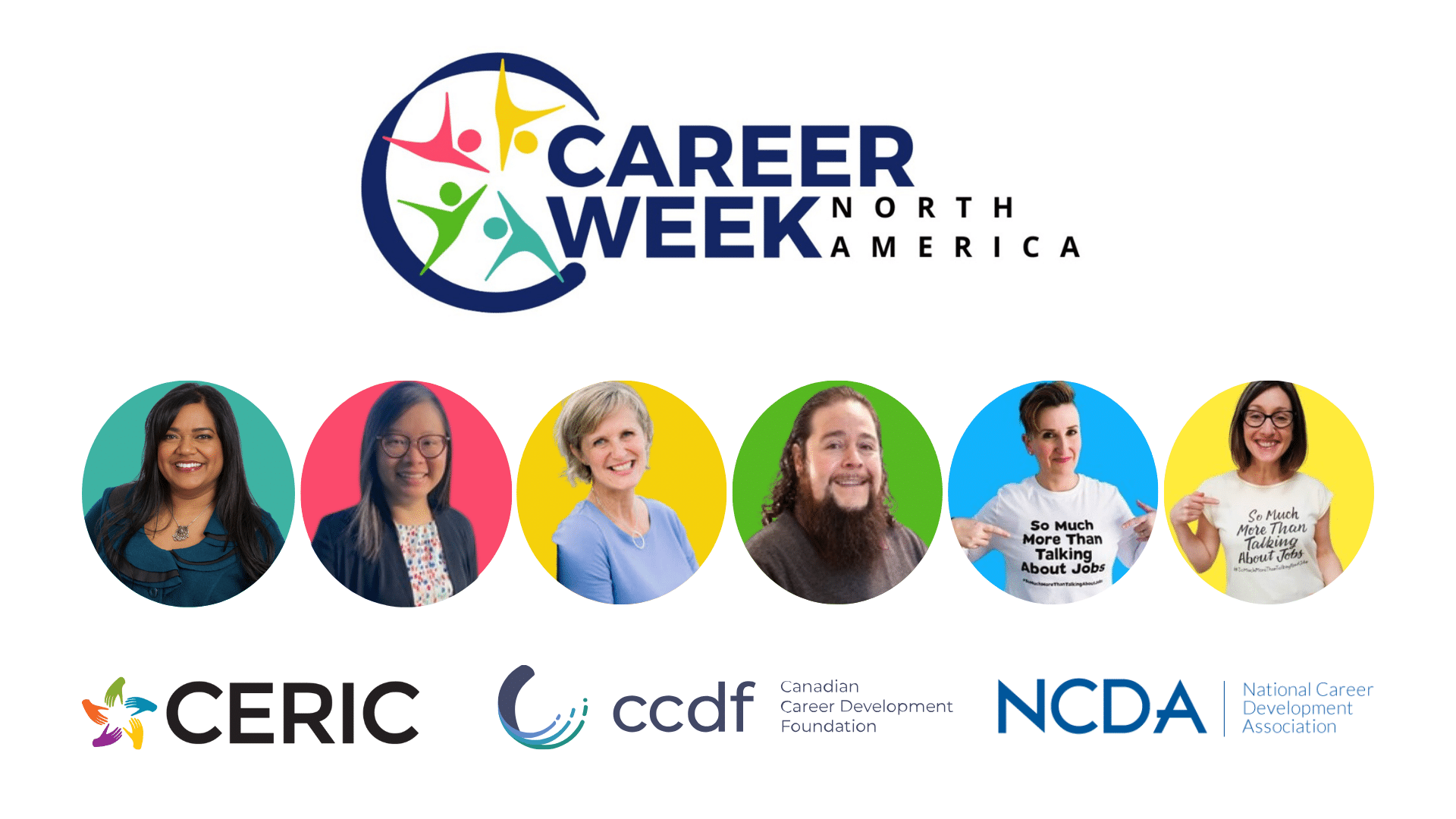February 6, 2025
- All
- 2006
- 2007
- 2008
- 2009
- 2010
- 2011
- 2012
- 2013
- 2014
- 2015
- 2016
- 2017
- 2018
- 2019
- 2019
- 2020
- 2020
- 2021
- 2021
- 2021
- 2022
- 2022
- 2022
- 2023
- 2023
- 2023
- 2024
- 2024
- 2024
- 2025
- 2025
- 2025
- 2026
- April
- April
- April
- April
- April
- April
- April
- April
- April
- April
- April
- April
- April
- April
- April
- April
- April
- April
- April
- August
- August
- August
- August
- August
- August
- August
- August
- August
- August
- August
- August
- August
- August 24
- Careering
- CERIC Supporting Organizations
- December
- December
- December
- December
- December
- December
- December
- December
- December
- December
- December
- December
- December
- December
- Events & Training
- F00 – Features
- F01 – Features
- F01 – Others
- F02 – Features
- F03 – Features
- F04 – Features
- F05 – Features
- F06 – Features
- F07 – Features
- F08 – Features
- F09 – Features
- F10 – Features
- F10 – Others
- F11 – Features
- F11 – Others
- F12 - Features
- F12 - Others
- F13 - Department
- F13 - Features
- F14 - Department
- F14 - Features
- F15 - Department
- F15 - Features
- F16 - Department
- F16 - Features
- F17 - Department
- F17 - Features
- F18 - Department
- F18 - Features
- F19 - Department
- F19 - Features
- F20-Department
- F20-Features
- F97 - Features
- F98 – Features
- F99 – Features
- Fall 1997
- Fall 1998
- Fall 1999
- Fall 2000
- Fall 2001
- Fall 2002
- Fall 2003
- Fall 2004
- Fall 2005
- Fall 2006
- Fall 2007
- Fall 2008
- Fall 2009
- Fall 2010
- Fall 2011
- Fall 2012
- Fall 2013
- Fall 2014
- Fall 2015
- Fall 2016
- Fall 2017
- Fall 2018
- Fall 2019
- Fall 2020
- Fall 2021
- Fall 2022
- February
- February
- February
- February
- February
- February
- February
- February
- February
- February
- February
- February
- February
- February
- February
- February
- February
- GSEP Corner
- January
- January
- January
- January
- January
- January
- january
- January
- January
- January
- January
- January
- January
- January
- January
- January
- July
- July
- July
- July
- July
- July
- july
- July
- July
- July
- July
- July
- July
- July
- July
- July
- June
- June
- June
- June
- June
- june
- June
- June
- June
- June
- June
- June
- June
- June
- June
- June
- June
- March
- March
- March
- March
- March
- March
- March
- march
- March
- March
- March
- March
- March
- March
- March
- May
- May
- May
- May
- May
- May
- May
- May
- May
- May
- May
- May
- May
- May
- May
- May
- May
- Media Releases
- News
- November
- November
- November
- November
- November
- November
- November
- November
- November
- November
- November
- November
- November
- November
- October
- October
- October
- October
- October
- October
- October
- October
- October
- October
- October
- October
- October
- October
- October
- October
- Past Paid Webinars
- S00 - Features
- S01 - Features
- S02 – Features
- S03 – Features
- S04 – Features
- S05 – Features
- S06 – Features
- S07 – Features
- S08 – Features
- S09 – Features
- S10 – Features
- S11 – Features
- S11 – Others
- S12 – Features
- S12 – Others
- S13 - Department
- S13 - Features
- S20 – Department
- S20 – Features
- S97 - Features
- S99 - Features
- September
- September
- September
- September
- September
- September
- September
- September
- September
- September
- September
- September
- September
- September
- September
- September
- September
- SP00 – Features
- SP01 – Features
- SP02 – Features
- SP03 – Features
- SP04 – Features
- SP05 – Features
- SP06 – Features
- SP07 – Features
- SP08 – Features
- SP09 – Features
- SP10 – Features
- SP11 – Features
- SP11 – Others
- SP12 – Features
- SP12 – Others
- SP14 - Department
- SP14 - Features
- SP15 - Department
- SP15 - Features
- SP16 - Department
- SP16 - Features
- SP17 - Department
- SP17 - Features
- SP18 - Department
- SP18 - Features
- SP19 - Department
- SP19 - Feature
- SP21 - Articles
- SP98 - Features
- SP99 – Features
- Spring 1998
- Spring 1999
- Spring 2000
- Spring 2001
- Spring 2002
- Spring 2003
- Spring 2004
- Spring 2005
- Spring 2006
- Spring 2007
- Spring 2008
- Spring 2009
- Spring 2010
- Spring 2011
- Spring 2012
- Spring-Summer 2014
- Spring-Summer 2015
- Spring-Summer 2016
- Spring-Summer 2017
- Spring-Summer 2018
- Spring-Summer 2019
- Spring-Summer 2020
- Spring-Summer 2021
- Spring-Summer 2022
- Summer 1997
- Summer 1998
- Summer 1999
- Summer 2000
- Summer 2001
- Summer 2002
- Summer 2003
- Summer 2004
- Summer 2005
- Summer 2006
- Summer 2007
- Summer 2008
- Summer 2009
- Summer 2010
- Summer 2011
- Summer 2012
- Summer 2013
- The Bulletin
- Uncategorized
- W00 - Features
- W01 - Features
- W02 - Features
- W03 - Features
- W04 – Features
- W05 – Features
- W06 – Features
- W07 – Features
- W08 – Features
- W10 – Features
- W11 – Features
- W12 – Features
- W12 – Others
- W13 - Department
- W13 - Features
- W14 - Department
- W14 - Features
- W15 - Department
- W15 - Features
- W16 - Department
- W16 - Features
- W17 - Department
- W17 - Features
- W18 - Department
- W18 - Features
- W19 - Department
- W19 - Features
- W20 – Department
- W20 – Features
- W21 - Articles
- W97 - Features
- W98 - Features
- W99 - Features
- Webinars
- Winter 1997
- Winter 1998
- Winter 1999
- Winter 2000
- Winter 2001
- Winter 2002
- Winter 2003
- Winter 2004
- Winter 2005
- Winter 2006
- Winter 2007
- Winter 2008
- Winter 2010
- Winter 2011
- Winter 2012
- Winter 2013
- Winter 2014
- Winter 2015
- Winter 2016
- Winter 2017
- Winter 2018
- Winter 2019
- Winter 2020
- Winter 2021
- Winter 2022
- Winter 2022
- Winter 2023
February 3, 2025
Career development leaders Gillian Johnston and Dr. Rob Shea (posthumously) are the recipients of CERIC’s 2025 Wileman Award for Outstanding Achievement in Career Development. The announcement […]
January 27, 2025
December 13, 2024
CERIC is excited to announce the 2025 calendar for its popular online certificate program, “An Intersectional Approach to Supporting Career Development,” offered in partnership with the […]
December 11, 2024
CERIC, in collaboration with the Université du Québec à Montréal (UQAM), offers an indispensable resource for career professionals: the report “The impact of the COVID-19 pandemic […]
December 2, 2024
CERIC is pleased to announce that Mathew Zelensky, MA student in Educational Foundations at the University of Saskatchewan, is the recipient of the 2025 CERIC Graduate […]
November 27, 2024
CERIC is pleased to announce the English release of “Supporting the Integration of Refugees with Little Formal Education: An Intercultural Approach,” a comprehensive guide aimed at […]
November 1, 2024
This Canada Career Month, CERIC has partnered with Canadian and US partners to shine a spotlight on the impact of career development. Discover exciting new ways to […]
October 3, 2024
Regional North American career development organizations CERIC (Canada), the Canadian Career Development Foundation (Canada) and the National Career Development Association (United States) are convening yet again in 2024 for a North […]

